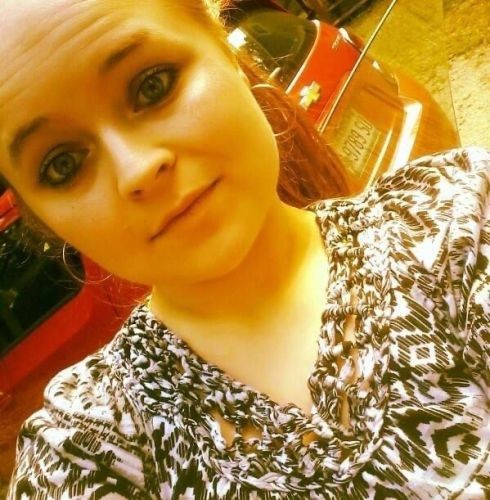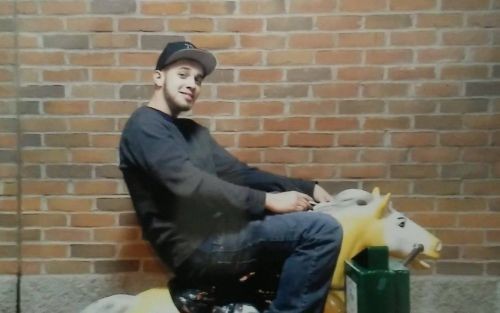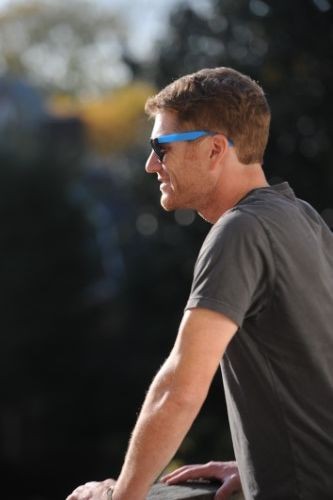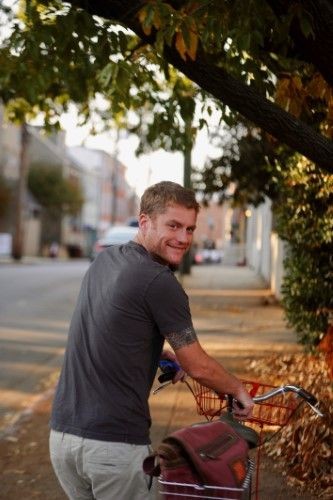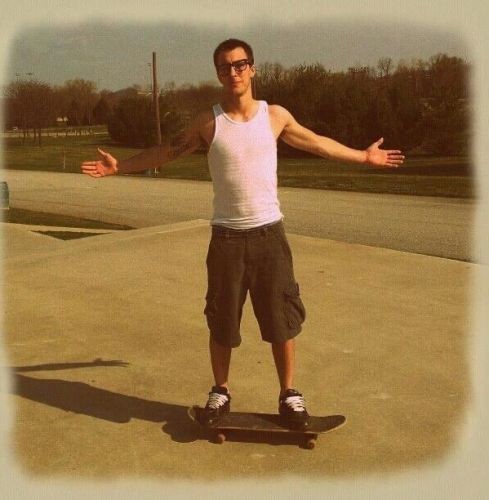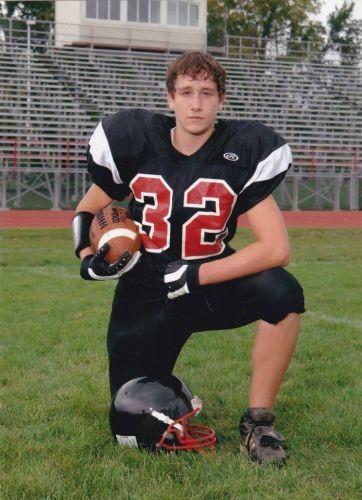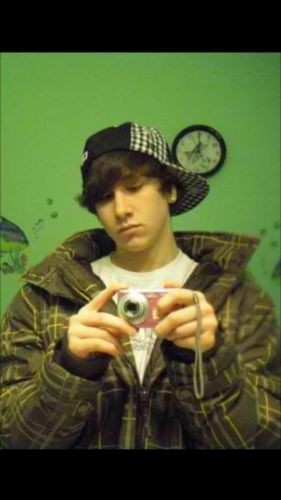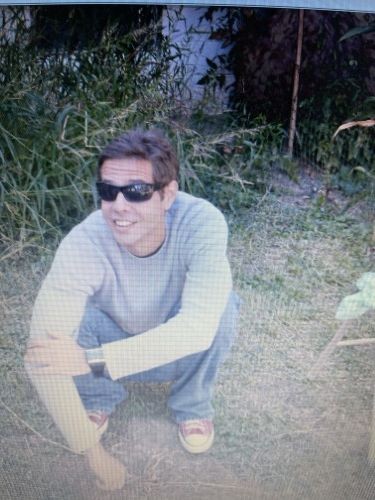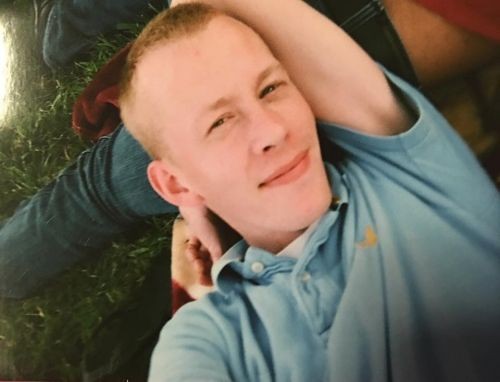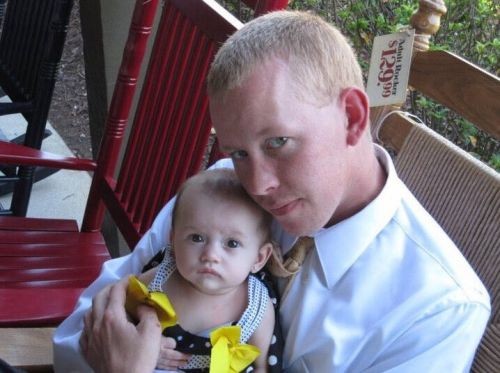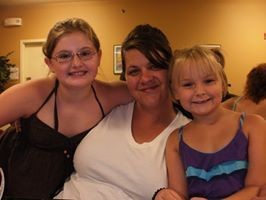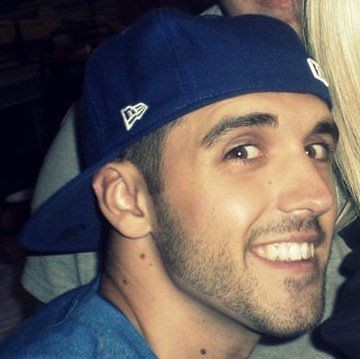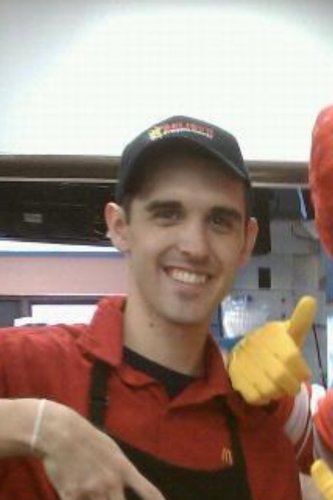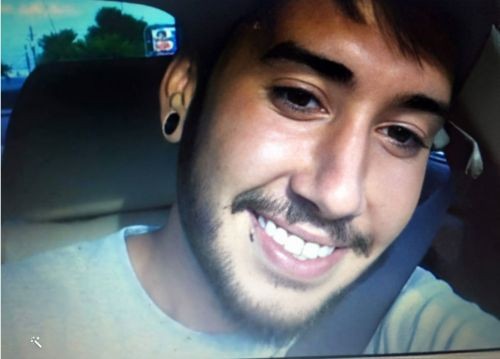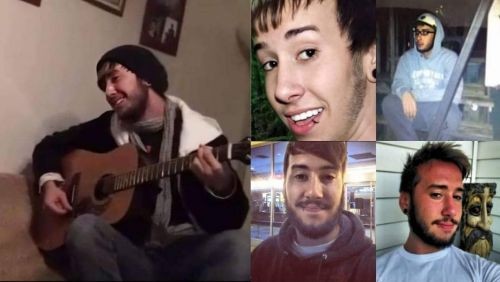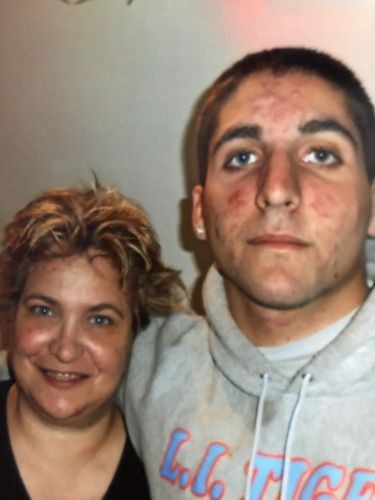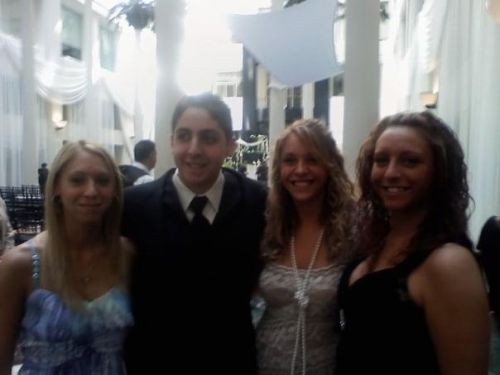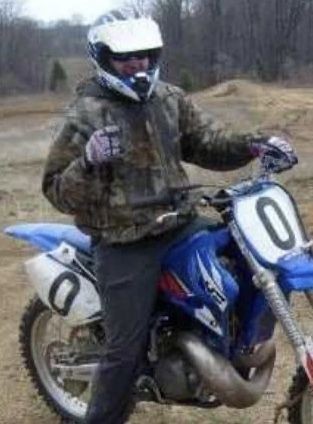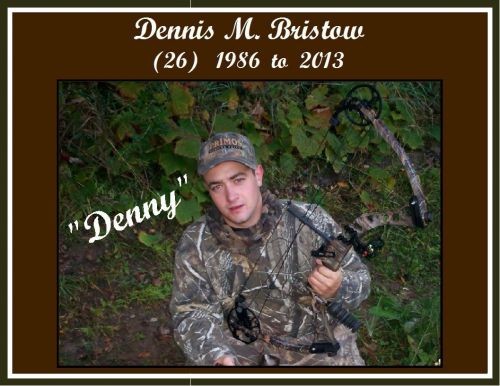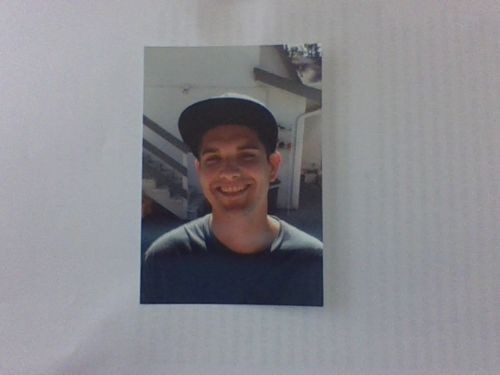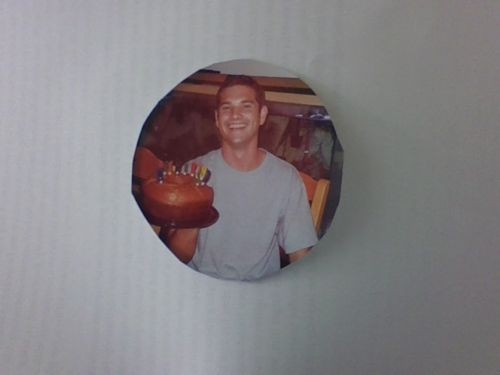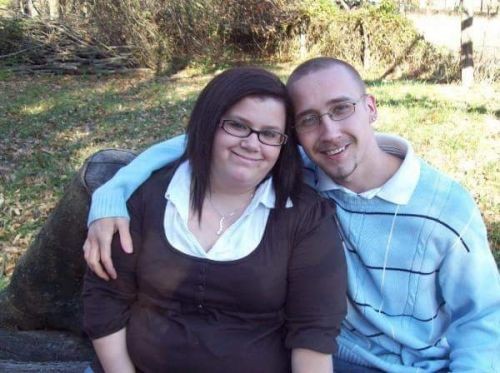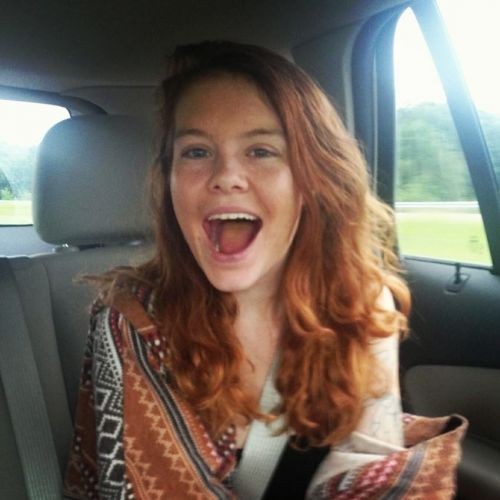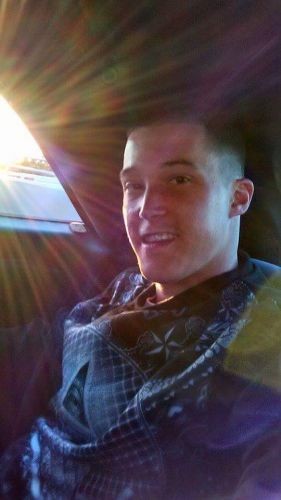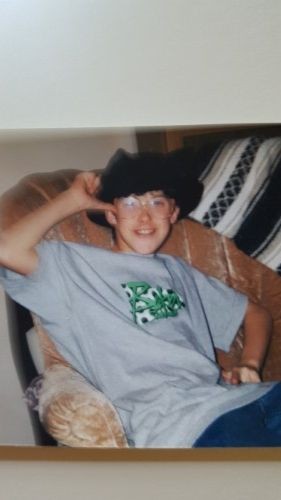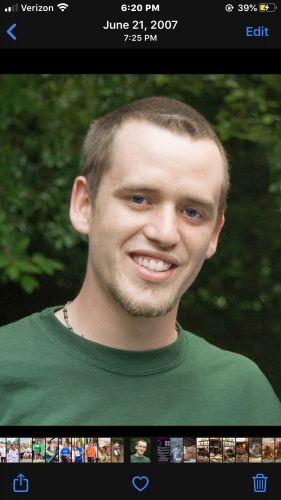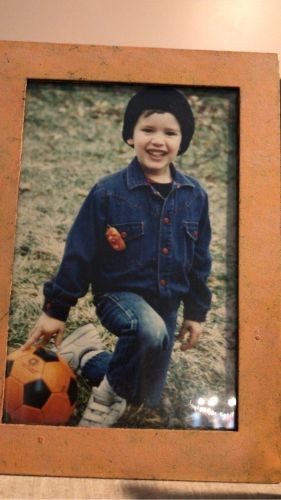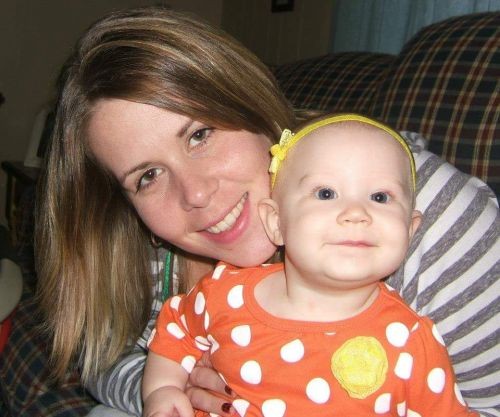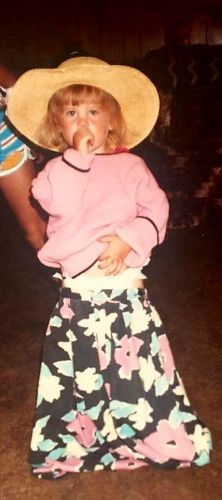Their Name
Paul Dunleavy Reithlingshoefer
Relationship to Loved One
Parent (Biological, foster,step)
Tell us what they were like before they developed a substance use disorder*
My son, Paul, went through school in special education. He didn't have a lot of confidence and was reticent in a group situation. He was characterized by others as sweet-natured and kind and was close to his family and a few friends. Among his disabilities were a language impairment and a hand tremor, with the former slowing his processing time and the latter precluding adequate control of a pencil, both of which made school an ongoing struggle. As a teenager, on his own, he started to write poetry, most of which he didn't share with others. I believe it was his outlet for self expression. Over the years this interest grew and, thanks to his use of a laptop, his writing was legible enough to enable his creativity and his insight to shine. He was also musical -- played the guitar -- and had a wonderful sense of humor. His capacity to think exceeded the school programs he experienced and, after finishing high school at the age of 20, he was ill-prepared for suitable employment.
Tell us about their struggles with substance use disorder
Paul turned to drugs in his early 20s. I believe he found they provided relief from his self doubt and his worry about future opportunities. It didn't take long for addiction to set in, and he experienced multiple programs, most of which were not appropriate for him and, in some cases, were downright destructive. He was incarcerated twice, making his already dismal employment opportunities nearly out of reach. He did have stretches of avoiding drug use, the longest of which was toward the end of his life when he had a job he loved and was able to get his first apartment, both aspects of his life that made him proud. He relapsed and failed to find the help he sought, first a program and, when that fell through, he and I tired to get Suboxone to no avail. While still midst of this quest, he died alone in his apartment.
What made them smile?
It was so easy to make him laugh. He smiled at a lot of things: triumphs of others, animals, children, a new pair of jeans, a compliment, or a plan with a friend. He had grown enough to laugh at himself which he did in good humor. His job was a source of joy which included camaraderie he'd not always had. He also loved music and derived much pleasure from it. Lastly, there was his poetry -- something he knew he was good at.
What do you miss the most about them today?
I miss talking to him, hearing his ideas, or his stories about experiences he'd had. His apartment was just a few blocks from me and we did a lot together to fix it up. Sometimes he'd come over just to watch TV with me, often bringing ice cream to shore-up the chances of me going along.
If you had a chance to say one more thing to today what would it be?
I admired you tremendously and in many ways believe your resilience reenforces mine.
